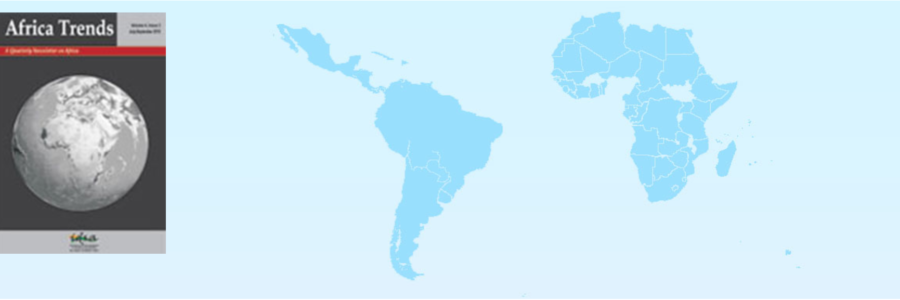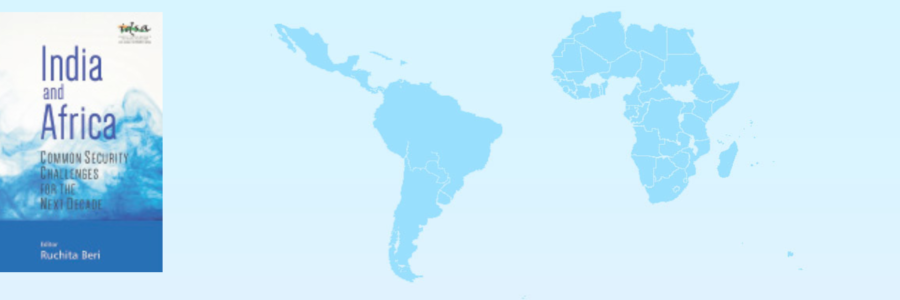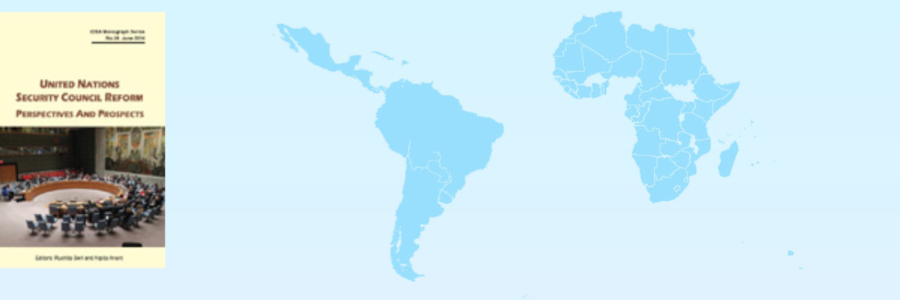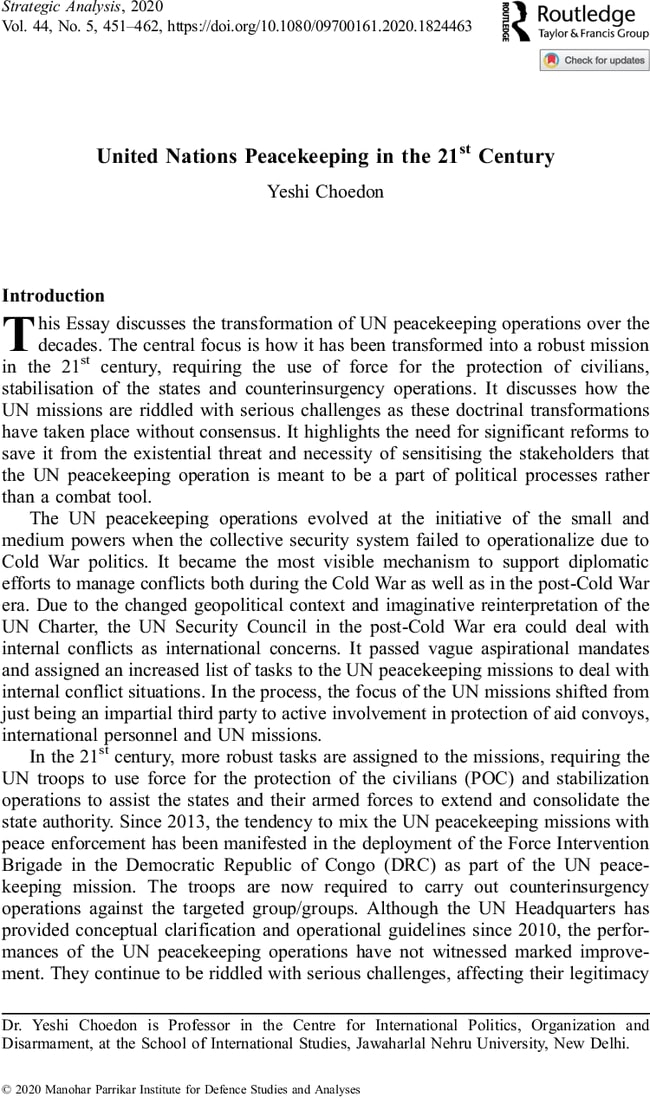Development and India’s Economic Multilateralism: Where from? … Where To?
The Financing for Development (FFD) process and the Sustainable Development Goals (SDG) process are some of the recent events in the realm of economic multilateralism in the United Nations (UN). India, on its part, has always engaged with the UN and global multilateral processes. This study seeks to focus on India’s diplomacy on FFD and SDGs in the context of its long history of engaging with global economic governance through the UN.
The International Committee of the Red Cross in Internal Armed Conflicts
- Publisher: Palgrave Pivot
2018
This book critically examines the possible dilution of the neutrality principle of the International Committee of the Red Cross (ICRC) in internal armed conflicts. It begins with the proposition that the intervention of ICRC in internal armed conflicts led to compromises in neutrality, and questioned the autonomy and independence of the organization. The book also argues that the field operations of the international humanitarian organizations during internal armed conflicts are dependent on the authority exercised by the state in whose territory the conflict persists. The ICRC’s involvement in Sri Lanka and Sudan provides empirical support to validate these propositions and arguments.
- E-book ISBN:978-981-13-2601-1, Hardcopy ISBN: 978-981-13-2600-4,
- Price: E-book - $54.99, Hardcopy - $69.99
United Nations Security Council Reform: Perspectives and Prospects
Over the years, the world has changed in fundamental ways. We are witnessing a resurgence of Asia, Africa and Latin America. Growth and development have not only made the countries more interdependent, but new and increasingly complex challenges have also arisen. For multilateralism to remain relevant and effective in today's world, multilateral institutions must adapt and reform to reflect contemporary geo-political realities. It is in this context that the expansion of the UN Security Council is of significance.

















